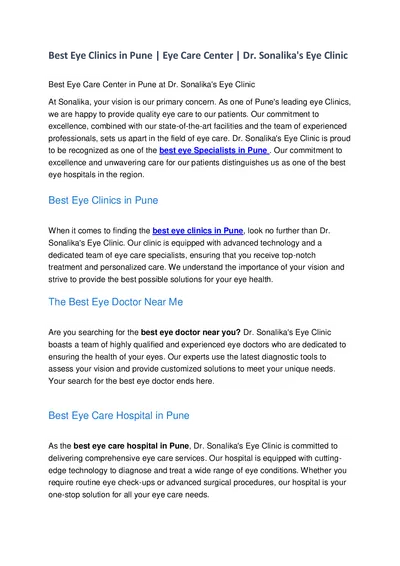PPT-Challenging Patients & Families – MSBP, Medical Child Abuse, and Care Giver Fabricated
Author : elena | Published Date : 2022-06-14
A P ractical But N ever E asy A pproach to Navigating These P atient Encounters Anne Beasley MD Advocate Childrens Hospital Chicago IL Jodi Carter MD Phoenix
Presentation Embed Code
Download Presentation
Download Presentation The PPT/PDF document "Challenging Patients & Families – ..." is the property of its rightful owner. Permission is granted to download and print the materials on this website for personal, non-commercial use only, and to display it on your personal computer provided you do not modify the materials and that you retain all copyright notices contained in the materials. By downloading content from our website, you accept the terms of this agreement.
Challenging Patients & Families – MSBP, Medical Child Abuse, and Care Giver Fabricated: Transcript
Download Rules Of Document
"Challenging Patients & Families – MSBP, Medical Child Abuse, and Care Giver Fabricated"The content belongs to its owner. You may download and print it for personal use, without modification, and keep all copyright notices. By downloading, you agree to these terms.
Related Documents














